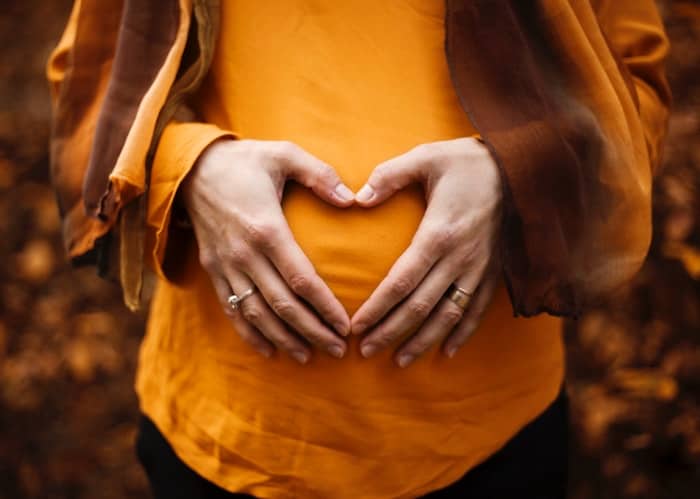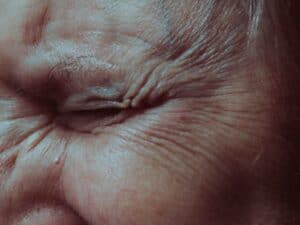A ketogenic diet is a diet that is high in fat, moderate in protein, and low in carbohydrates. This type of diet induces a state of ketosis, which is when the body uses ketones for energy instead of glucose. A ketogenic diet has been shown to be an effective treatment for seizures, and there is some evidence that it may also be helpful for other diseases. Despite its benefits, little is known about how a ketogenic diet affects the body.

Some People Who Follow Keto Diets Experience Panic Attacks
When most people think about the keto diet, they think about weight loss. However, some people who follow this diet experience panic attacks. A panic attack is a sudden feeling of terror that can last for several minutes.
People who have panic attacks may feel like they are having a heart attack or they may feel like they are going crazy. Some people also experience chest pain, shortness of breath, and dizziness during a panic attack.
What Is a Panic Attack?
A panic attack is a sudden episode of intense fear that triggers severe physical symptoms. The fear is often accompanied by feelings of helplessness or terror. A panic attack can be a one-time occurrence, or it may recur frequently.
Panic attacks are not the same as anxiety disorders, but they may occur along with them.
Symptoms of A Panic Attack
Panic attacks are a sudden onset of fear or terror that can last for minutes or hours. The symptoms of a panic attack can be very frightening and include: feeling like you are having a heart attack, chest pain, shortness of breath, feeling like you are going crazy or dying, feeling like you are outside of your body, sweating, shaking, and nausea. Many people experience all of these symptoms, while others may only experience a few.
Link Between Low Carbs and Anxiety
There is a potential link between anxiety and low carbohydrate diets like keto. When someone consumes too few carbohydrates, their body does not have enough sugar to produce serotonin in the brain. Serotonin is responsible for mood regulation, and a lack of it can lead to depression and anxiety. A person who experiences these symptoms may be more likely to turn to food as a way to cope, which could lead to weight gain.
How Keto May Affect Your Mood?
When you begin the keto diet, your body is forced to use fat for energy instead of glucose. This process can take a few days to a week to fully adjust to. During this time, you may experience mood swings and irritability as your body adjusts.
Once your body is in ketosis, it produces ketones that can help stabilize blood sugar levels and improve mood. Some people also report feeling more alert and having more energy when they are in ketosis.
Types of People Who Should Avoid Keto Diet
The ketogenic diet is a popular, high-fat, low-carbohydrate diet that has been touted as a weight-loss miracle. While the keto diet can lead to quick weight loss for some people, it’s not suitable for everyone. Here are five types of people who should avoid the keto diet.
Pregnant Women
While keto diet may be beneficial for adults looking to lose weight, it can be dangerous for pregnant women. The keto diet can cause nutrient deficiencies in pregnant women, leading to problems like birth defects and preeclampsia. It can also increase the risk of gestational diabetes and increase the baby’s risk of developing obesity later in life.

Vegans
Vegans should avoid keto diet, because it’s not vegan-friendly. Keto diets are based on eating mostly meat and cheese, which most vegans don’t eat. Vegans need to eat plenty of fruits, vegetables, legumes, whole grains, and nuts and seeds to get the nutrients they need. A keto diet could lead to deficiencies in these important nutrients.
Digestive Disorder
People with digestive disorders like Crohn’s disease, ulcerative colitis, and irritable bowel syndrome (IBS) may find that the keto diet makes their symptoms worse.
The ketogenic diet is high in fat and low in carbohydrates. It can be helpful for people with epilepsy who don’t respond to traditional medications. But for people with digestive disorders, it can be hard to digest all that fat. The keto diet can also lead to constipation and diarrhea.
Mental Health Conditions
Mental health conditions can be incredibly debilitating, and it’s important for people who suffer from them to find a way to manage their symptoms. For some people, that may mean following a keto diet. However, for those with mental health conditions, the keto diet may not be the best option.
The keto diet is a high-fat, low-carbohydrate diet that can help people lose weight. While the diet does have some benefits, it can also be difficult to follow and may not be appropriate for everyone. For people with mental health conditions, the keto diet could actually make their symptoms worse.
The keto diet is high in fat, and many people with mental health conditions are already susceptible to mood swings and changes in energy levels. The high-fat content of the keto diet could exacerbate these symptoms.
Kidney Issue
People with kidney issues should avoid keto diet because it can overload the kidneys. The body’s ability to break down ketones for energy can place an added stress on the kidneys and make their condition worse. In addition, people on a ketogenic diet tend to eat more protein than those who don’t follow the diet, and protein can also put a strain on the kidneys.
Conclusion
In conclusion, there are potential side effects associated with the ketogenic diet. While they are not common, it is important to be aware of them before starting the diet. If you experience any side effects, be sure to speak with your doctor.








